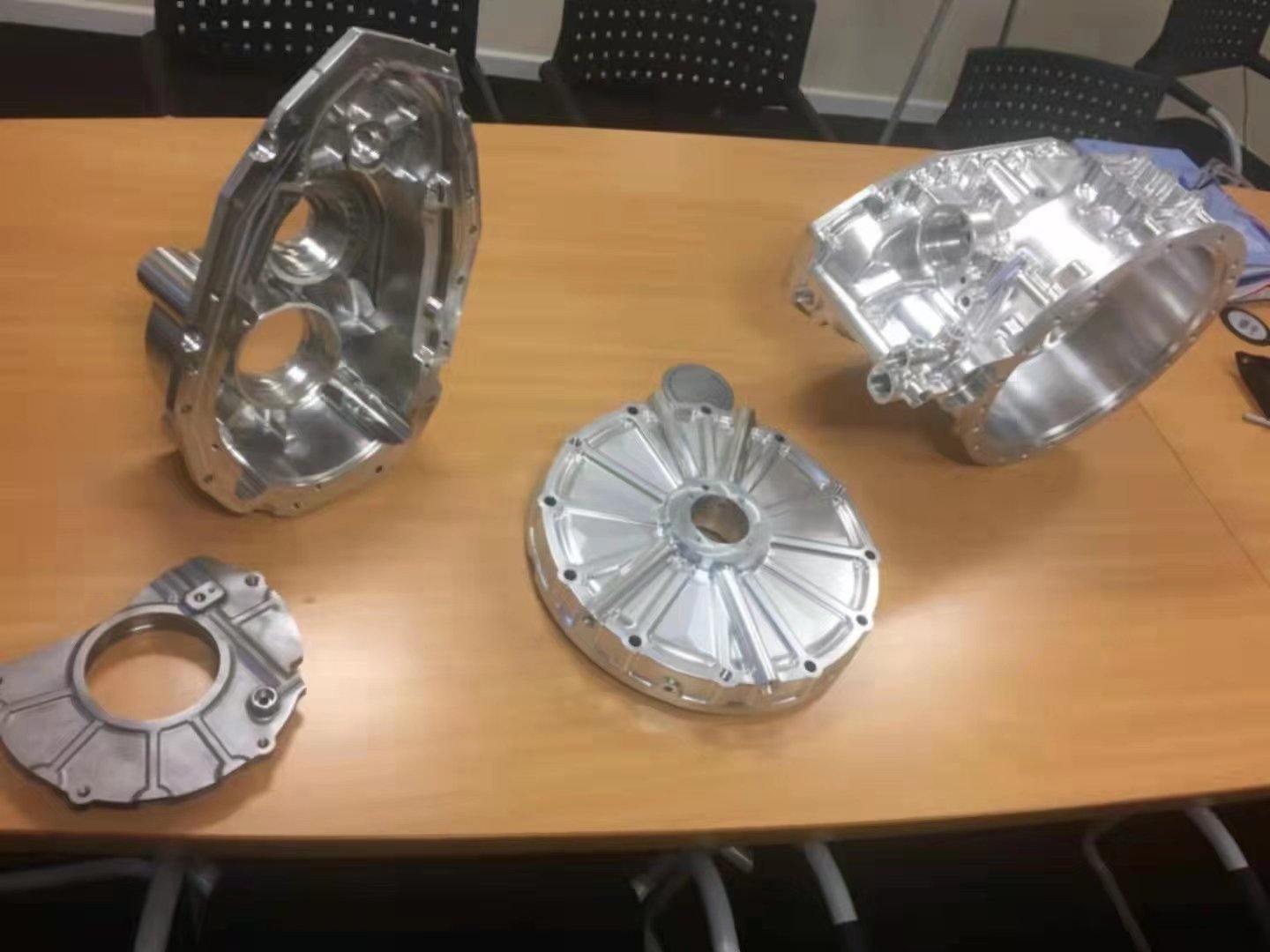
In the world of precision engineering, ensuring the integrity and durability of materials is of paramount importance. This is especially true in the realm of CNC machining, where the high precision required in part production demands a meticulous approach to material properties. At JUPAICNC, we understand that heat treatment plays a crucial role in the machining process. By applying controlled heat treatments to metals, we can significantly enhance the material’s strength, hardness, and resistance to wear, which are critical factors for the performance of machined parts in various industries. Heat treatment in professional CNC machining services, like the ones provided at JUPAICNC, is vital for ensuring that the final product meets the stringent requirements set forth by customers.
Heat treatment is a controlled process that involves heating and cooling metals to achieve desired mechanical properties. This process influences several characteristics of materials, such as hardness, toughness, ductility, and fatigue resistance. By subjecting the material to specific temperatures and cooling rates, we alter its internal structure in a way that improves its overall performance. At JUPAICNC, we recognize that understanding the intricate relationships between temperature, time, and material properties is key to producing high-quality machined components that can withstand the rigorous demands of real-world applications.
The process begins with selecting the right material for the job, based on its intended use. The material’s composition, including alloy content, dictates how it will react to the heat treatment process. Different materials, such as steels, titanium alloys, and aluminum, require different heat treatment procedures. At JUPAICNC, we utilize advanced heat treatment technologies to cater to a wide range of materials, ensuring that every machined part undergoes the optimal treatment for its specific application.
One of the most common types of heat treatment used in CNC machining is annealing. This process involves heating the material to a high temperature and then slowly cooling it to relieve internal stresses. Annealing improves the material’s ductility and reduces its hardness, making it easier to machine. At JUPAICNC, we frequently use this technique to prepare materials for further processing, ensuring that the final part will have the right balance of strength and flexibility. Additionally, annealing helps to refine the material’s grain structure, further enhancing its overall performance.
Another widely used heat treatment is quenching, which involves heating the material to a high temperature and then rapidly cooling it, typically in water or oil. This process hardens the material, making it ideal for parts that require a high level of strength and wear resistance. At JUPAICNC, we employ precise quenching techniques to ensure uniform hardening, preventing warping or distortion that could compromise the part’s integrity. The quenching process is particularly valuable in the production of components such as gears, shafts, and cutting tools, where durability is a critical factor.
Tempering is often used in conjunction with quenching to reduce the brittleness of the material that can result from the rapid cooling process. By reheating the quenched material to a lower temperature and allowing it to cool slowly, tempering helps to strike a balance between hardness and toughness. This process is essential for parts that need to retain their strength while also maintaining the ability to absorb impact without breaking. At JUPAICNC, we use tempering techniques to fine-tune the properties of materials, ensuring that every machined component meets the precise requirements of our clients.
Another advanced heat treatment technique is nitriding, which involves introducing nitrogen into the surface of a material to create a hard, wear-resistant layer. This method is often used on steel parts that require enhanced surface hardness and resistance to corrosion. Nitriding improves the performance of parts that will be exposed to high-stress environments, such as engine components or tooling. At JUPAICNC, we utilize nitriding to provide a durable surface that significantly extends the life of machined parts, ensuring they perform optimally under demanding conditions.
Incorporating heat treatment into professional CNC machining services also helps to reduce the likelihood of post-machining issues such as warping or distortion. Without proper heat treatment, materials can exhibit irregularities that compromise the dimensional accuracy of the part. By carefully controlling the heat treatment process, JUPAICNC ensures that parts maintain their shape and integrity throughout production and use. This is especially important in industries where precision is critical, such as aerospace, automotive, and medical device manufacturing.
The role of heat treatment in CNC machining extends beyond just improving mechanical properties. It also contributes to the overall cost-effectiveness of production. By using heat treatment techniques, manufacturers can achieve the desired material properties without the need for costly and time-consuming post-machining processes. At JUPAICNC, we are committed to providing efficient and effective CNC machining services, ensuring that our clients receive high-quality parts at competitive prices.
Ultimately, the integration of heat treatment into CNC machining services is essential for producing parts that meet the exacting standards of modern industries. At JUPAICNC, our expertise in heat treatment techniques allows us to deliver machined components that are not only precise but also robust, durable, and reliable. Whether working with steel, aluminum, or titanium, we understand the importance of optimizing material properties through controlled heat treatment, ensuring that every part we produce performs at its best in the field.

